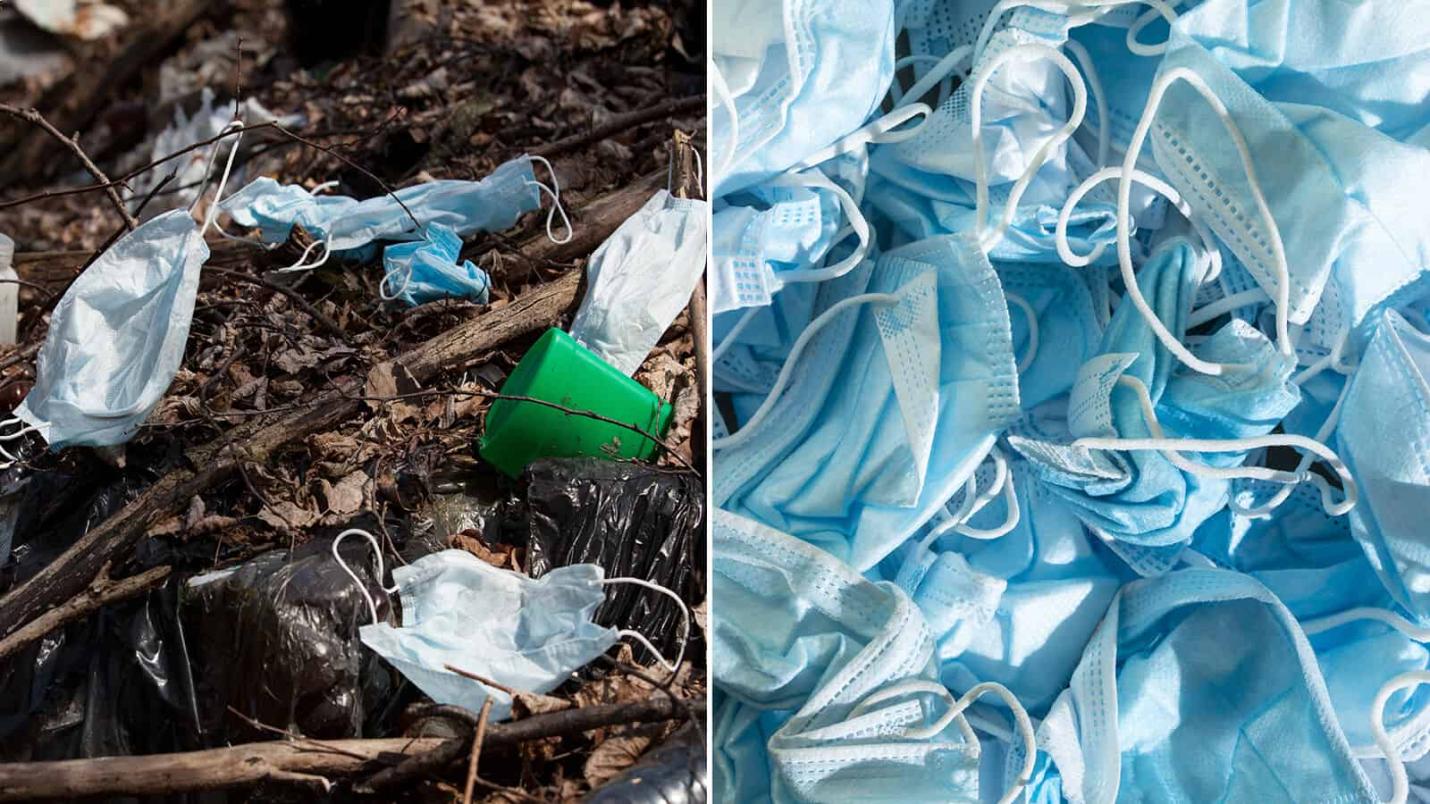What Are the Latest Innovations and Technologies for Improving Face Mask Disposal and Recycling?
The COVID-19 pandemic has led to an unprecedented increase in the use of face masks, resulting in a significant environmental impact due to improper disposal and recycling practices. To address this challenge, innovative solutions and technologies are emerging to improve face mask disposal and recycling, promoting sustainability and reducing waste.

I. Innovations In Face Mask Disposal:
Smart Bins:
- Smart bins equipped with sensors can detect and sort face masks, improving waste management efficiency.
- These bins can provide real-time data on waste collection, enabling optimized waste management strategies.
- Cities like San Francisco and Taipei have implemented smart bins for effective face mask disposal.
Biodegradable Face Masks:
- Biodegradable face masks made from natural materials, such as plant fibers or cellulose, can decompose naturally, reducing waste.
- These masks are compostable and can be disposed of in organic waste bins, minimizing their environmental impact.
- Companies like MaskFone and Livinguard are producing biodegradable face masks, promoting sustainable disposal practices.
Mask Recycling Programs:
- Mask recycling programs initiated by governments and organizations collect used face masks for proper recycling.
- The recycling process involves collecting, sorting, and repurposing face masks into new products, reducing waste and promoting circularity.
- Successful mask recycling programs have been implemented in countries like South Korea and Taiwan, demonstrating the feasibility of large-scale recycling.
II. Technologies For Recycling Face Masks:
Chemical Recycling:
- Chemical recycling involves breaking down face masks into reusable materials through chemical processes.
- This technology offers the potential to recover valuable materials from face masks, such as polypropylene, which can be used to produce new products.
- Companies like Mura Technology and Plastic Energy are developing chemical recycling technologies specifically for face masks.
Mechanical Recycling:
- Mechanical recycling involves shredding and repurposing face masks into new materials.
- This process can convert face masks into pellets or fibers, which can be used in various applications, such as construction materials or automotive parts.
- Companies like TerraCycle and ReForm Recycling are implementing mechanical recycling solutions for face masks, demonstrating the viability of this approach.
Upcycling:
- Upcycling involves transforming discarded face masks into new products with higher value.
- Creative upcycling initiatives have repurposed face masks into items such as tote bags, pet beds, and even face mask holders.
- Upcycling not only reduces waste but also promotes sustainability by extending the lifespan of discarded materials.
Challenges And Opportunities:
While these innovations and technologies offer promising solutions for improving face mask disposal and recycling, several challenges remain. Collaboration between governments, organizations, and industries is essential to overcome these challenges and accelerate progress. Additionally, continued research and development are needed to enhance the efficiency and scalability of these solutions.
The effective management of face mask waste presents both economic and environmental opportunities. By adopting innovative disposal and recycling practices, we can reduce the environmental impact of face masks, conserve resources, and create new economic opportunities.
The issue of face mask waste requires innovative and collaborative solutions to address its environmental impact. The advancements in face mask disposal and recycling technologies, including smart bins, biodegradable masks, mask recycling programs, chemical recycling, mechanical recycling, and upcycling, demonstrate the potential to mitigate waste and promote sustainability. By embracing these innovations and fostering collaboration, we can create a more sustainable future where face masks are disposed of and recycled responsibly, minimizing their environmental footprint.

YesNo

Leave a Reply